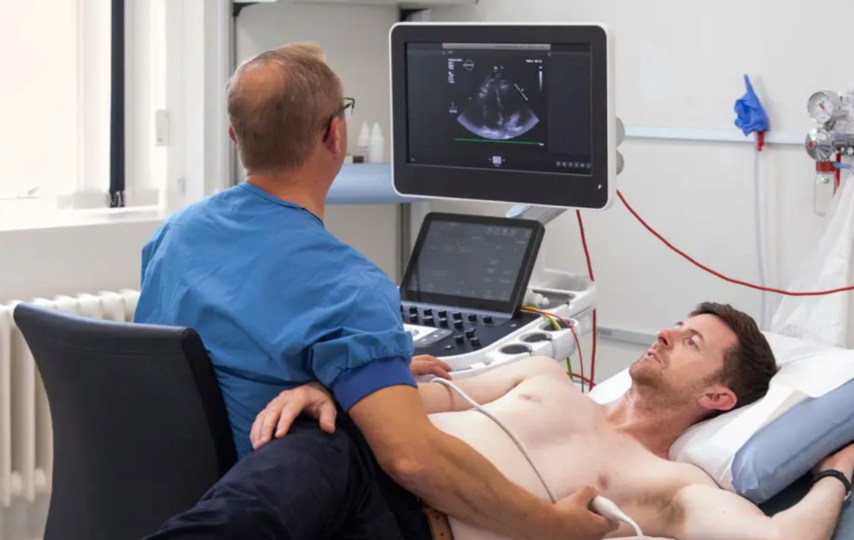Heart disease is a leading cause of death worldwide, and many people are unaware of the risks they carry until it’s too late. One of the most effective tools in diagnosing heart conditions is the echocardiogram, a non-invasive imaging test that uses ultrasound waves to create detailed images of the heart. While echocardiograms are available on the NHS, there can be lengthy waiting times, especially if the condition is not deemed urgent. This is where a private echocardiogram comes into play, offering timely access to vital heart screenings and, ultimately, helping to save lives through early detection.
What is an Echocardiogram?
An echocardiogram provides a clear image of the heart’s structure and function, allowing healthcare professionals to assess how well it’s pumping blood and detect any abnormalities. During the procedure, a probe (called a transducer) is placed on the chest, which sends sound waves to the heart. These sound waves bounce back, creating an image that can reveal issues such as heart valve problems, damaged heart muscle, congenital heart defects, or fluid around the heart.
Why Early Detection Matters
The heart is a vital organ, and any impairment to its function can have severe consequences. Conditions such as heart failure, valve disease, and cardiomyopathy often develop gradually, with symptoms only appearing when significant damage has occurred. Early detection of these issues can dramatically improve the prognosis and allow for interventions that can prevent further damage or even reverse some of the effects.
For example, if heart valve disease is detected early, lifestyle changes and medication may slow its progression. If left undetected, however, valve disease can lead to heart failure, arrhythmias, or stroke. Similarly, catching cardiomyopathy early can prevent severe complications, allowing for lifestyle adjustments and treatment that can prolong life and improve quality of life.
The Role of a Private Echocardiogram in Early Detection
While the NHS provides excellent care, waiting times for diagnostic tests such as echocardiograms can be long, especially for patients who don’t exhibit immediate, life-threatening symptoms. However, many heart conditions are asymptomatic in their early stages, making it essential to catch them before they escalate.
A private echocardiogram offers a fast, efficient solution. There’s no need for a lengthy wait, and the results are typically available quickly, giving patients peace of mind and the opportunity to take swift action if an issue is detected. For those at higher risk of heart disease—such as individuals with a family history of heart problems, smokers, or those with high blood pressure—access to early testing can be life-saving.
Who Should Consider a Private Echocardiogram?
Anyone with a family history of heart disease, those experiencing symptoms such as chest pain or shortness of breath, or individuals with conditions like high blood pressure or diabetes should consider an echocardiogram. Private testing is also an excellent option for those seeking peace of mind, particularly if they have concerns about their heart health but don’t meet the NHS criteria for an urgent referral.
Conclusion
Early detection of heart conditions is critical in reducing the risk of life-threatening events like heart attacks or strokes. A private echocardiogram offers prompt access to this essential diagnostic tool, helping patients take control of their health before it’s too late. By detecting problems early, a private echocardiogram can save lives, allowing for timely interventions and treatments that can make all the difference. If you’re concerned about your heart health, a private echocardiogram may be a valuable step towards protecting your future.







